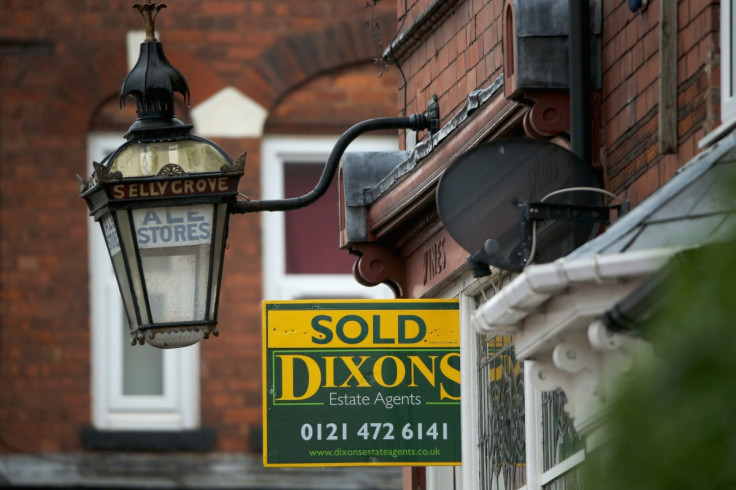Rightmove house prices: Average asking price sets new record ahead of EU referendum

The average asking price for a house in the UK has continued to rise despite the uncertainty surrounding the forthcoming European Union (EU) referendum, according to property listings site Rightmove. The average asking price hit £310,471 in June, a new high, after rising 0.8% from May.
Britain will vote on 23 June in a referendum on its membership of the EU. A vote to leave could cause house prices to drop by as much as 18% if there is a severe economic shock, suggests an analysis by the Treasury, though pro-Brexit campaigners dismiss this as hyperbole and scaremongering by a government which wants to remain in the EU.
"In many parts of the country, the over-riding factor of supply outstripping demand has so far overcome buyers' usual reluctance to make major financial decisions at times of political uncertainty," said Miles Shipside, Rightmove director and housing market analyst. "Most seem to be getting on with the certainties they can control, namely if you find a suitable property snap it up. Indeed the figures for average time to sell indicate that properties are being snapped up more quickly than ever."
A lack of supply on the market pushed the average time to sell down to 57 days, said Rightmove. In June 2015, this figure was 65. Housebuilding in England is running well short of demand. Most estimates on the new housing need to be 250,000 new units a year to keep up with demand. Government figures show there were 142,890 housing completions in 2015.
A shortage of supply is driving up house prices and stretching affordability for first-time buyers. The government has a number of schemes in place to support people in buying their first home, such as Help to Buy, shared ownership and discounted "starter homes". The housing market is also propped up by cheap mortgage credit because interest rates are low to keep the economy stimulated. To stave off a credit bubble, mortgage regulations have been tightened so borrowers do not stretch themselves beyond their means to buy property.
© Copyright IBTimes 2024. All rights reserved.






